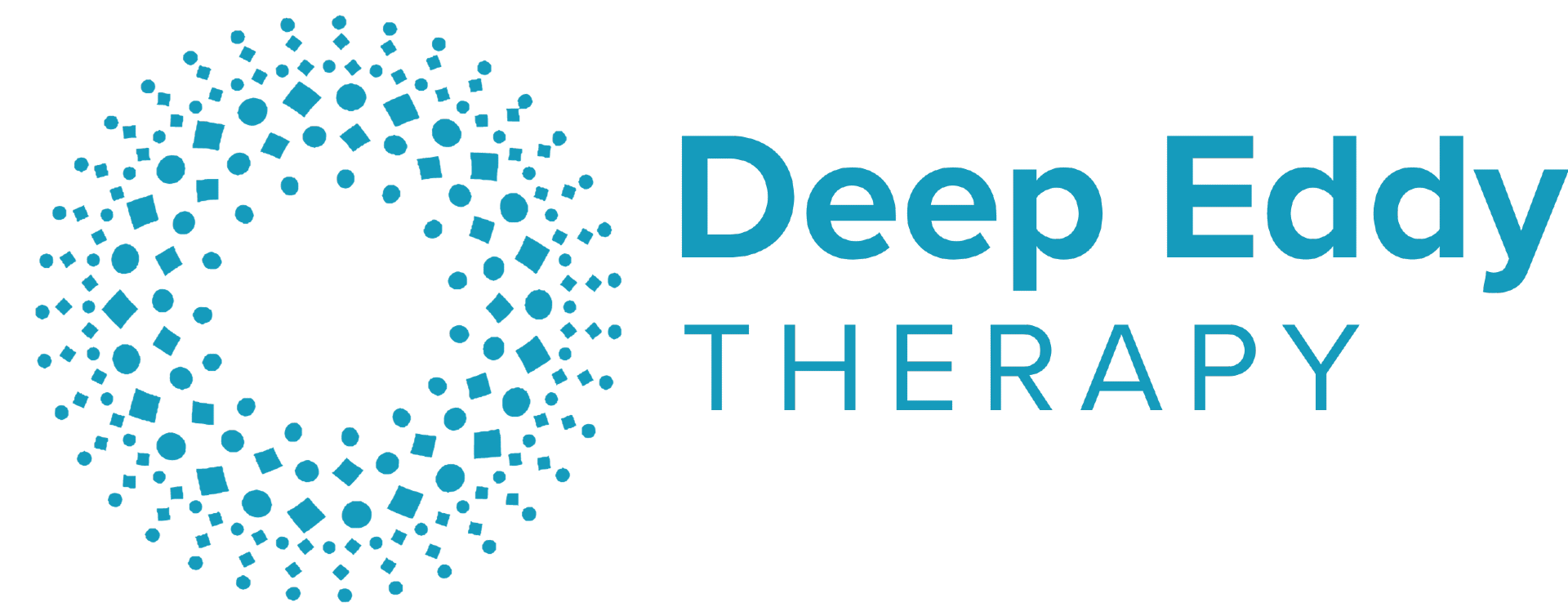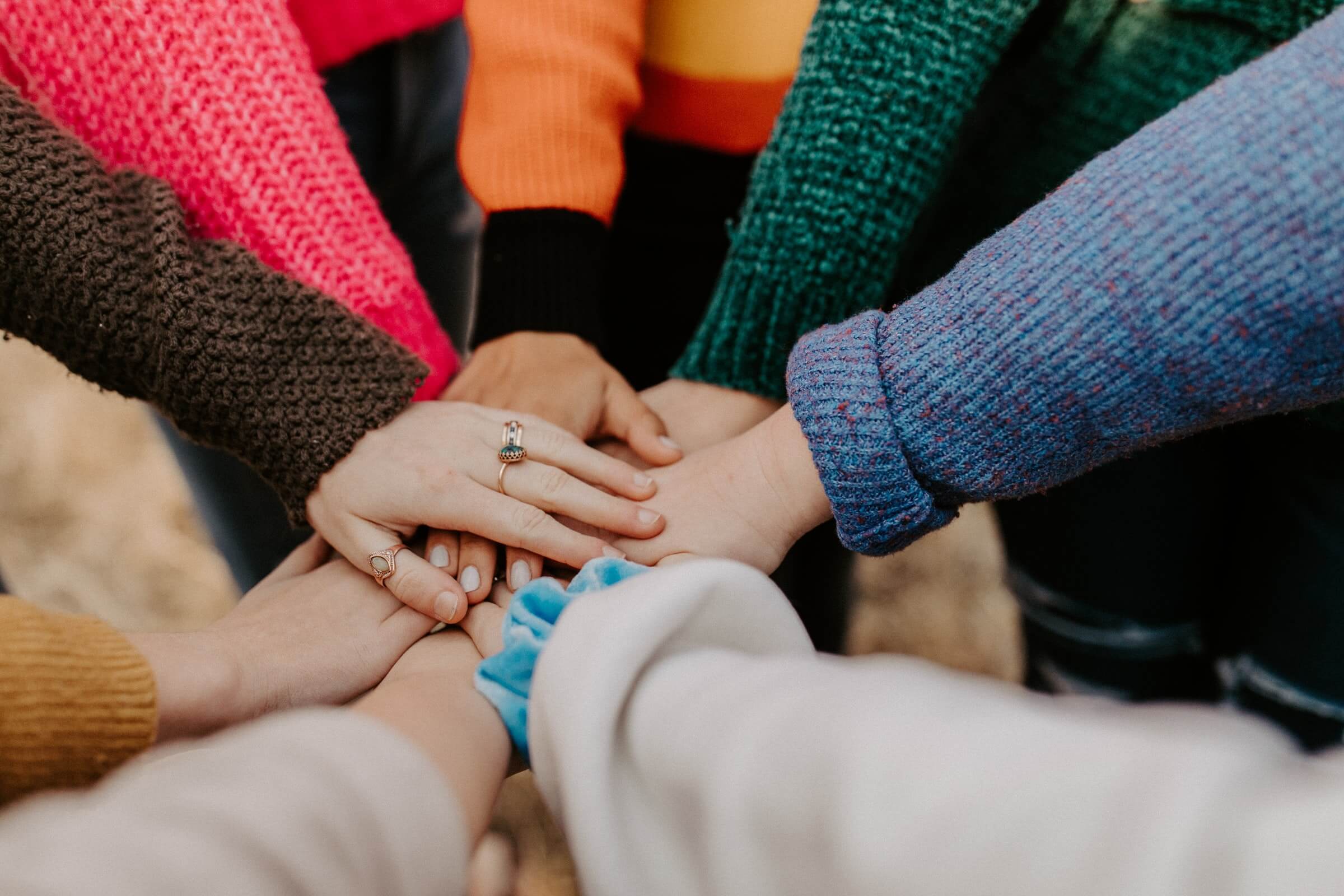What is Self-care Versus Community Care?
The topics of self-care and therapy have exploded in the past few years. You’ve probably seen many social media posts or ads pointing to products, services, or hobbies that serve as some form of self-care. The term self-care is somewhat ambiguous but generally refers to activities you can do to recharge/replenish or buffer against mental health concerns. But when you read “self-care”, don’t you typically think of solitary or independent activities? Common examples you’ve likely seen are “treating yourself”, getting quality sleep, exercising, and setting boundaries with others. Even with therapy, the typical picture is someone sitting on the couch talking to a therapist in a one-on-one format.
Of course, therapy and self-care can provide significant benefits! And what about times you’ve spent with supportive supportive family, friends, and co-workers? Think about a time you had a fun dinner or a meaningful conversation about a challenge you’ve faced with a close friend. Did you also experience some recharging or potentially an armor against a stressful period/week? The limitation of self-care is it refers to only yourself, when we’re social creatures (to varying degrees)!
Therapists recently, especially during the pandemic, have pushed what’s called community care, which basically means building a foundation of connection with others beyond “self-care”! A similar term you might be familiar with is social support that might consist of family, friends, co-workers, and neighbors. Community care might expand beyond friends and family to include connections with the community at large, such as attending events in your local community.
Research has shown community care can provide a strong buffer against depression, trauma symptoms, burnout, and potentially developing dementia. Connecting with larger communities can cultivate alignment with your values, a sense of belongingness, and strong resilience to promote your own mental health. This is particularly helpful during collective experiences, such as natural disasters or the current pandemic when many people have lost a sense of connection or deeper meaning in their lives.
Some argue that self-care does not exist without community care. In fact, community care historically has at times become part of people’s identities and led to large changes, such as various demonstrations/marches or fundraising for causes on a large scale.
When we consider community care as a form of our own self-care or perhaps an extension of self-care, we broaden our coping skills and enhance a sense of meaning. We often think of self-care as fun activities (that tend to also involve purchasing something due to marketing strategies); of course, self-care and community care can be fun and carefree! Self-care, and community care as well, also includes necessary and intentional activities. On an individual level, this might include the typical examples mentioned above about obtaining enough sleep or working through difficult experiences on our own. Community care adds additional layers of meaning, support, and can include fun!
How can I engage in community care to support others and my mental health?
You likely already engage in community care without realizing it! Community care may look like reaching out to your current social support, such as friends, for emotional support. It can also look like creating connections with a larger community, such as your local community or specific demographic groups. Going to a festival with friends, joining online support groups, attending spiritual/religious services, and involving yourself in local charities are all examples of strengthening community care.
Many cultures already emphasize connecting with the community and extended family that can be used effectively to improve collective well-being! Additionally, for some people community care means more actively taking care of the community through voting and various forms of advocacy. We are social creatures wired for interacting with others; providing support for others and receiving acceptance/belonging can produce powerful positive effects for us as humans.
Returning to the earlier point of therapy is the picture in our minds of individual therapy, where we meet one on one with a therapist. An amazing opportunity to increase community care is actually through group therapy, where a small group engages in therapy with a therapist as a facilitator. In groups at Deep Eddy, you can learn your own styles of communication, provide and receive feedback, and process your emotions in a safe environment that is unique to group therapies. Group therapy also provides an opportunity for a sense of belonging, community, and a place to discuss difficult life events that you may not experience in your own life. If you’re interested in building your own meaningful community, check out the link below for an introduction on group therapy and contact us to get started!

